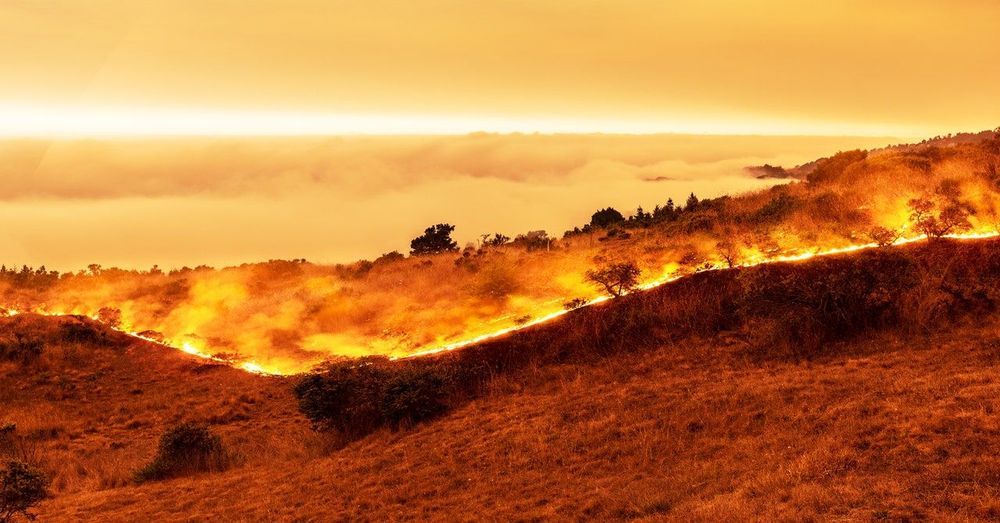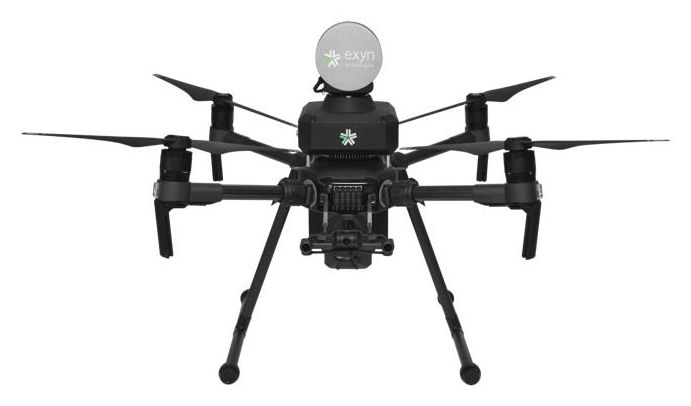Altering Earth’s geophysical environment is a moon shot—and it will be the only way to reverse the damage done. It’s time to take it more seriously.



Circa 2019
Watch Mitchie Brusco land the first 1260 in skateboard history in the Skateboard Big Air final, Saturday at X Games Minneapolis 2019.
SUBSCRIBE ► http://xgam.es/YouTube
–
Progression at its finest! X Games is your premier destination for all things action sports, music, lifestyle and everything in between.
X Games has been the worldwide leader in action sports since 1995.

Imagine a road that always stays ice-free, interacts with vehicles to make their own electricity and has road markings that change according to live traffic. It sounds futuristic but a new partnership between The University of Manchester and Highways England is setting the wheels in motion to make this dream a reality.
Highways England is responsible for the motorways and major A roads in the country, carrying four million journeys a day. All this traffic can take its toll. Adding graphene into road maintenance has the potential to extend a road’s life, increase network performance to an industry-changing level and improve the road-user experience.
Manchester’s Graphene Engineering Innovation Centre (GEIC) is plotting a route to a solution, collaborating with Highways England and Pavement Testing Services to tackle low-carbon and digital road networks, and deterioration of road surfaces in the UK, with the help of graphene.

Featured image source: NASA / spacex
Axiom Space Inc. is a Houston, Texas start-up, founded by Michael Suffredini who served as NASA’s International Space Station (ISS) Program Manager from 2005 to 2015. He was responsible for overseeing ISS transition from assembly to the initiation of commercial operations. Axiom is mostly staffed by NASA ex-employees, including former NASA Administrator Charles Bolden. – “The leadership team also includes world-class, specialized expertise in commercial utilization of microgravity, on-orbit operations, astronaut training, space financing, engineering, space system architecture/design/development, space medicine, marketing, and law,” the company states. Together, they are all working towards the commercialization of space.
Axiom aims to build a space station in low Earth orbit to continue operations once NASA retires the ISS program and moves beyond the orbiting laboratory to focus operations on the lunar surface. The company also offers spaceflights for regular civilians to experience microgravity and amazing views of Earth from ISS. “While making access to Low Earth Orbit global during the remainder of ISS’ lifetime, Axiom is constructing the future platform that will serve as humanity’s permanently growing home, scientific and industrial complex in Low Earth Orbit (LEO) – the cornerstone of human activity in space,” company states on its website.
Aubrey de Grey, Chairman and Chief Science Officer of the Methuselah Foundation, presents a realistic scenario for 2020 in which everyone knows we will defeat the aging process.


There are four ways drones typically navigate. Either they use GPS or other beacons, or they accept guidance instructions from a computer, or they navigate off a stored map, or they are flown by an expert in control.
What do you when absolutely none of the four are possible?
You put AI on the drone and it flies itself with no outside source of data, no built-in mapping, and no operator in control.

Researchers at the Department of Energy’s Oak Ridge National Laboratory used quantum optics to advance state-of-the-art microscopy and illuminate a path to detecting material properties with greater sensitivity than is possible with traditional tools.
“We showed how to use squeezed light – a workhorse of quantum information science – as a practical resource for microscopy,” said Ben Lawrie of ORNL’s Materials Science and Technology Division, who led the research with Raphael Pooser of ORNL’s Computational Sciences and Engineering Division. “We measured the displacement of an atomic force microscope microcantilever with sensitivity better than the standard quantum limit.”
Unlike today’s classical microscopes, Pooser and Lawrie’s quantum microscope requires quantum theory to describe its sensitivity. The nonlinear amplifiers in ORNL’s microscope generate a special quantum light source known as squeezed light.
